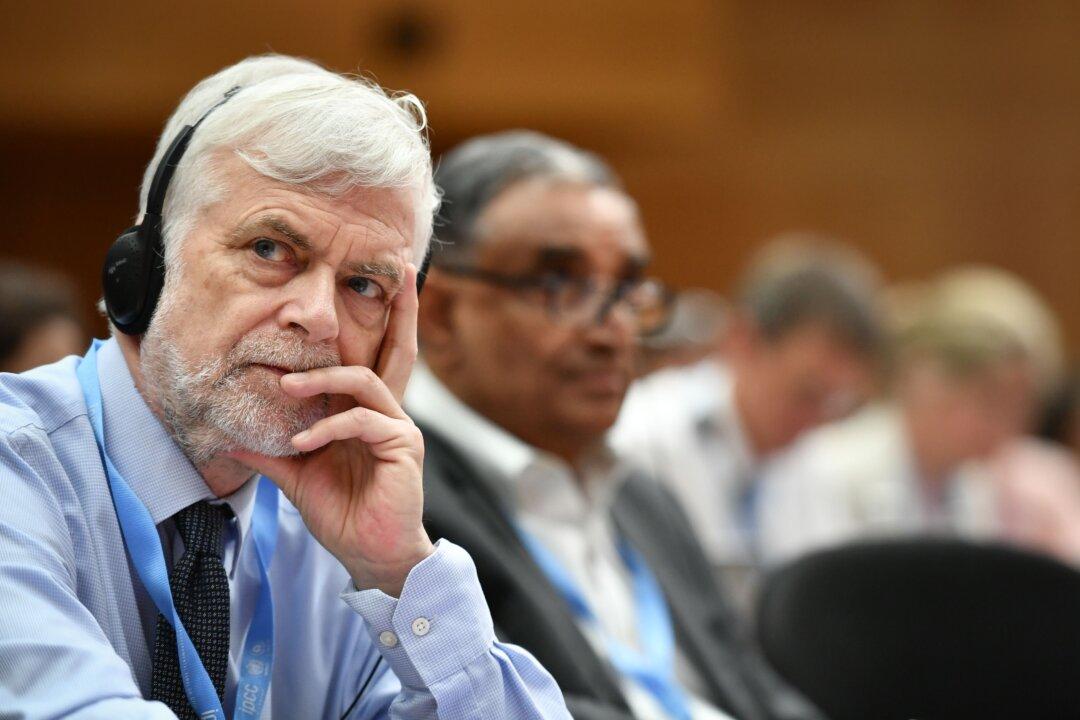Climate change activists consistently warning of a doomsday in the near future are harming efforts to tackle the current situation, warned Prof. Jim Skea, the newly elected head of the United Nations’ Intergovernmental Panel on Climate Change (IPCC).
Mr. Skea made the comments during interviews with major German news outlets over the weekend, just days after he was elected to the new role at the international panel, which monitors and assesses the science related to climate change.




